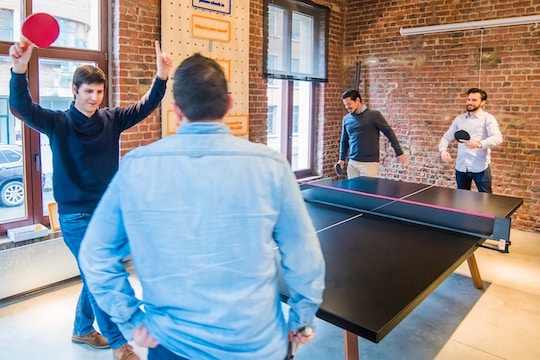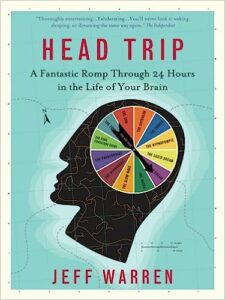“Learning and laughter work nicely together.”
—Author Unknown
We’ve all heard the phrase, Laughter is the best medicine. I’ve found that there is considerable support that humor and laughter enhance our ability to learn.
Cognitively, laughter stimulates the brain regions important for complex and abstract thinking, increases attention, improves memory, and increases conceptual understanding.
Even a few chuckles activate brain growth hormones and increase our reward centers via dopamine.
Emotionally, laughter provides a sense of empowerment and control, improves self-esteem, restores hope and boosts energy. It also reduces many stress-related conditions that often make learning difficult.
Psychologically, laughter improves respiration and mental functioning through increased levels of catecholamine.
It is no surprise that many highly successful and popular educators are blending a bit of stand-up comedy, engaging storytelling, and performing arts into their teaching styles.
EXERCISE:
Where and how can the inclusion of more humor support learning for you and others in you communities? My grandkids will tell you When you make things fun, stuff gets done.














